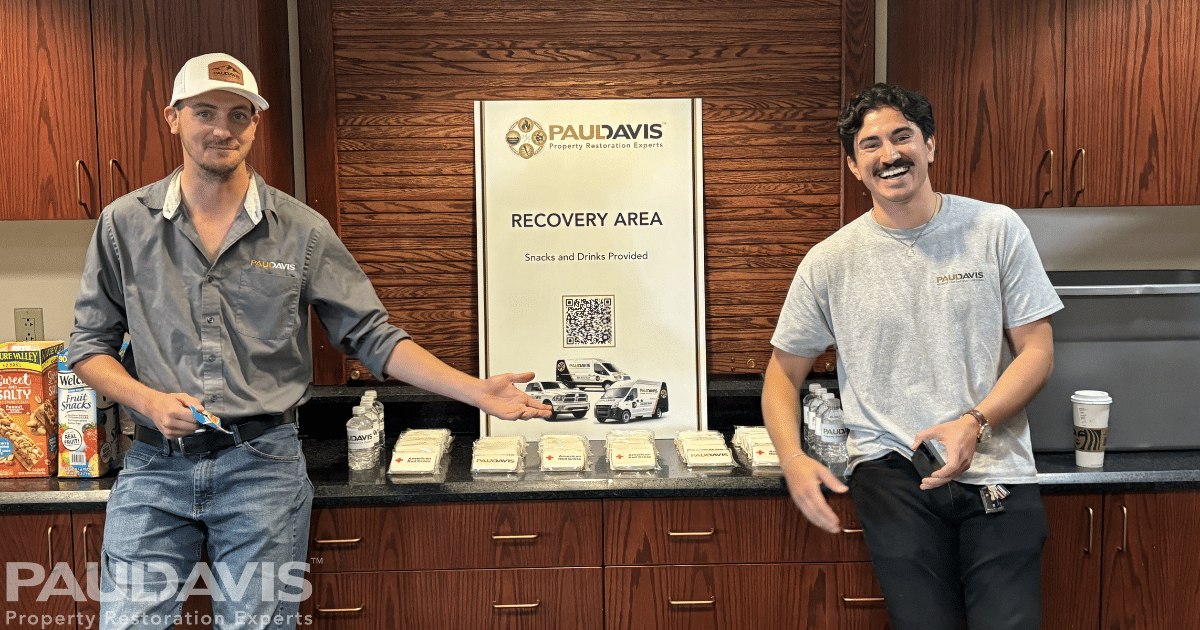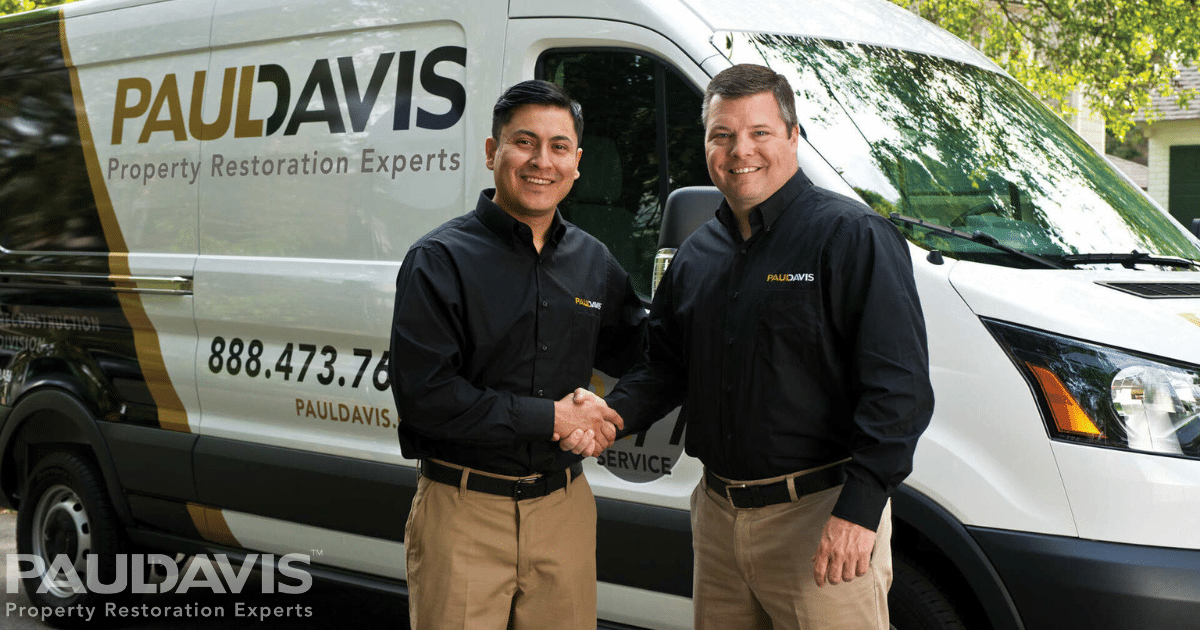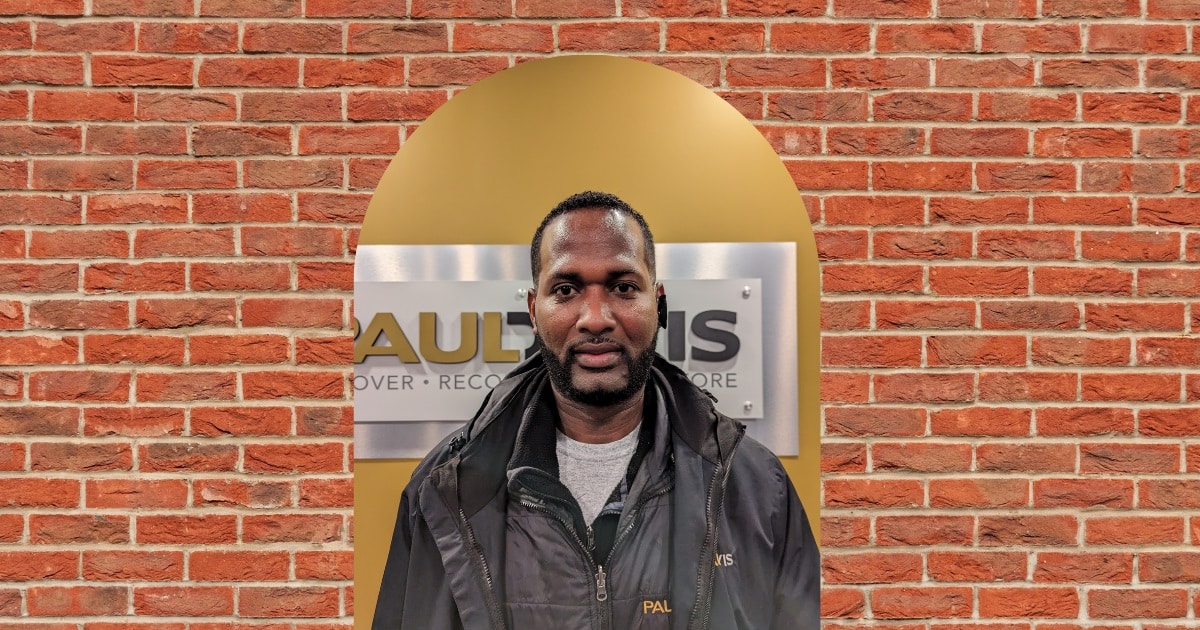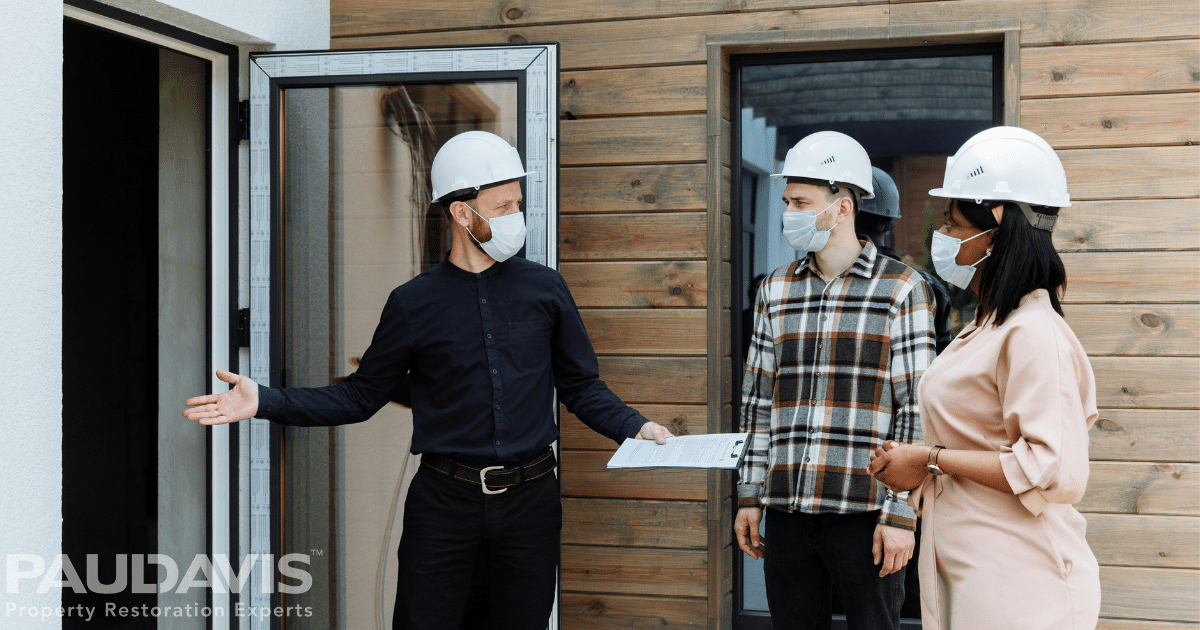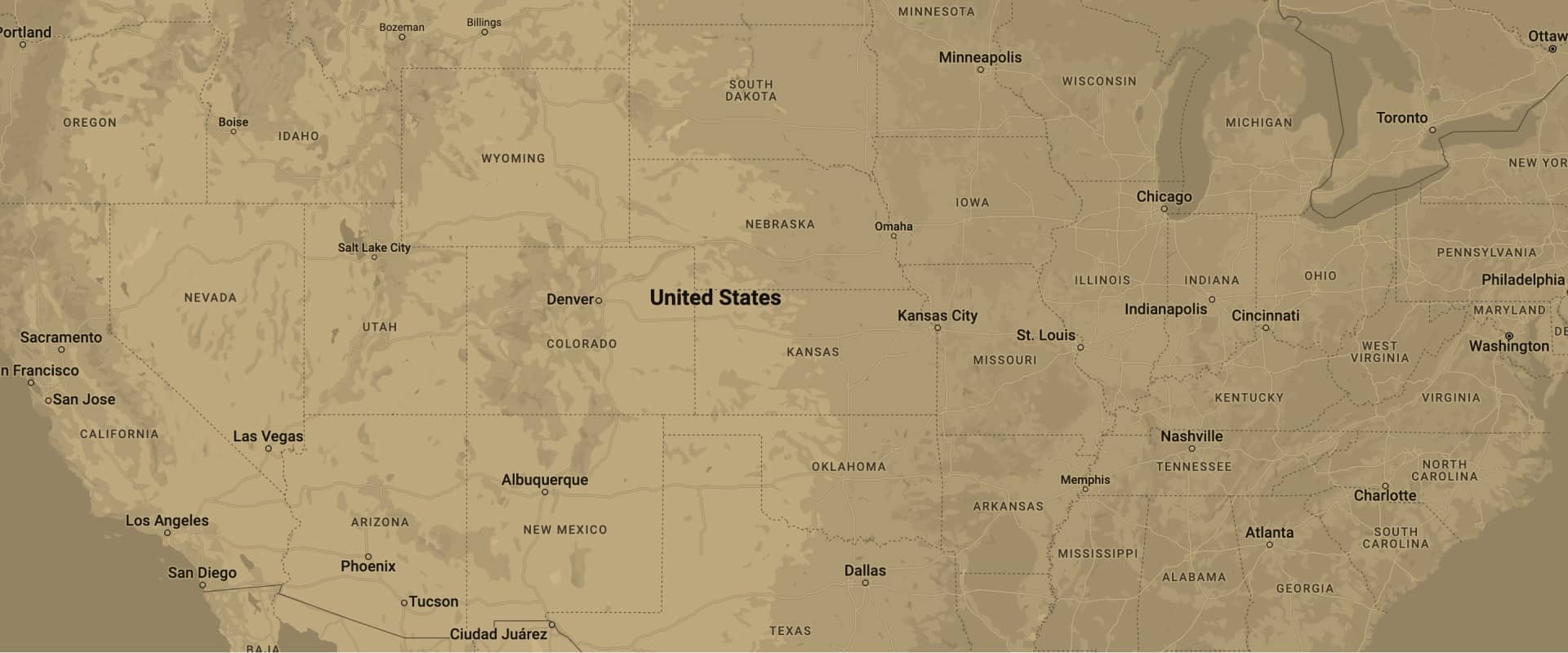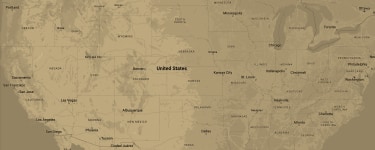
As the smoke clears after a property fire, owners wrestle with strong emotions: shock, confusion, anxiety, uncertainty, sadness. One emotion often wins: an overwhelming urge to do something now. That’s exactly what unscrupulous contractors bank on when they call you or tap your shoulder as the embers cool. “Sign this contract and make this reasonable deposit right now and we can start restoration immediately,” they urge.
Keep your money and your pen in your pocket. Companies that arrive unannounced, urging hasty contract signatures and down payments are the last ones you should hire. “Stop and check with your insurance agent or adjuster before signing anything,” says Christopher Thomas, Technical Trainer for Paul Davis. “Be sure to ask about ‘Assignment of Benefits’ forms, also known as AOBs. Signing an AOB at the doctor allows that office to work with your insurance company on your behalf. But signing an AOB is a very bad idea for mitigation and restoration.”
Florida, Pennsylvania, California, Georgia, Massachusetts and Minnesota and Texas are combating widespread AOB abuse that causes nightmares for property owners: shoddy work, slow repairs, exorbitant costs, lawsuits and lengthy claims resolutions. Insurance companies were powerless to intervene: once an AOB is signed, the insurer can no longer speak with the insured. “Paul Davis strongly urge against AOBs,” Thomas says, “and we’re raising awareness about the issue with both property owners and insurance companies.”
To help property owners find qualified restoration contractors, insurers maintain lists of qualified mitigation and remediation companies. They have carefully checked these companies’ references, qualifications, technology, expertise and communications skills.
Here’s what a qualified company provides before contract signature or project start:
- An on-site inspection by their staff – scheduled at your convenience soon after the fire.
- License verification, liability insurance, and Better Business Bureau ratings.
- A written cleanup and remediation plan and schedule.
- A payment schedule. Avoid large down payments or deposits prior to work being performed. Always make payments to a company entity, never an individual, and use credit cards when possible as an added form of consumer protection.
- References of other home or business owners they have worked for within the past two years.
Qualified and trustworthy contractors allow all the time you need to evaluate your options, make a decision and ask questions. Have questions now about disaster planning and preparation for your business or home? Call Paul Davis at 1-800-661-5975 to speak with a member of our team.

